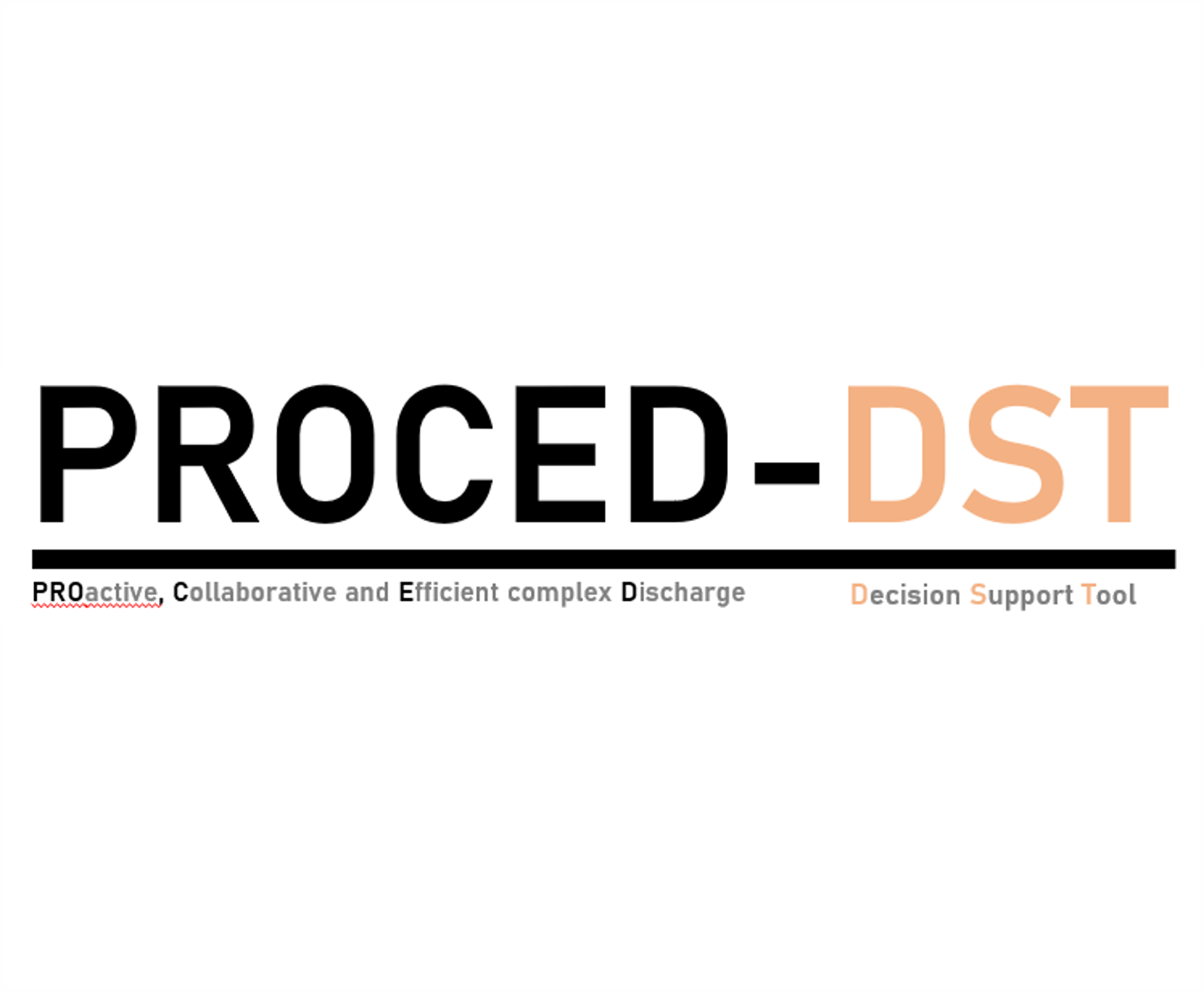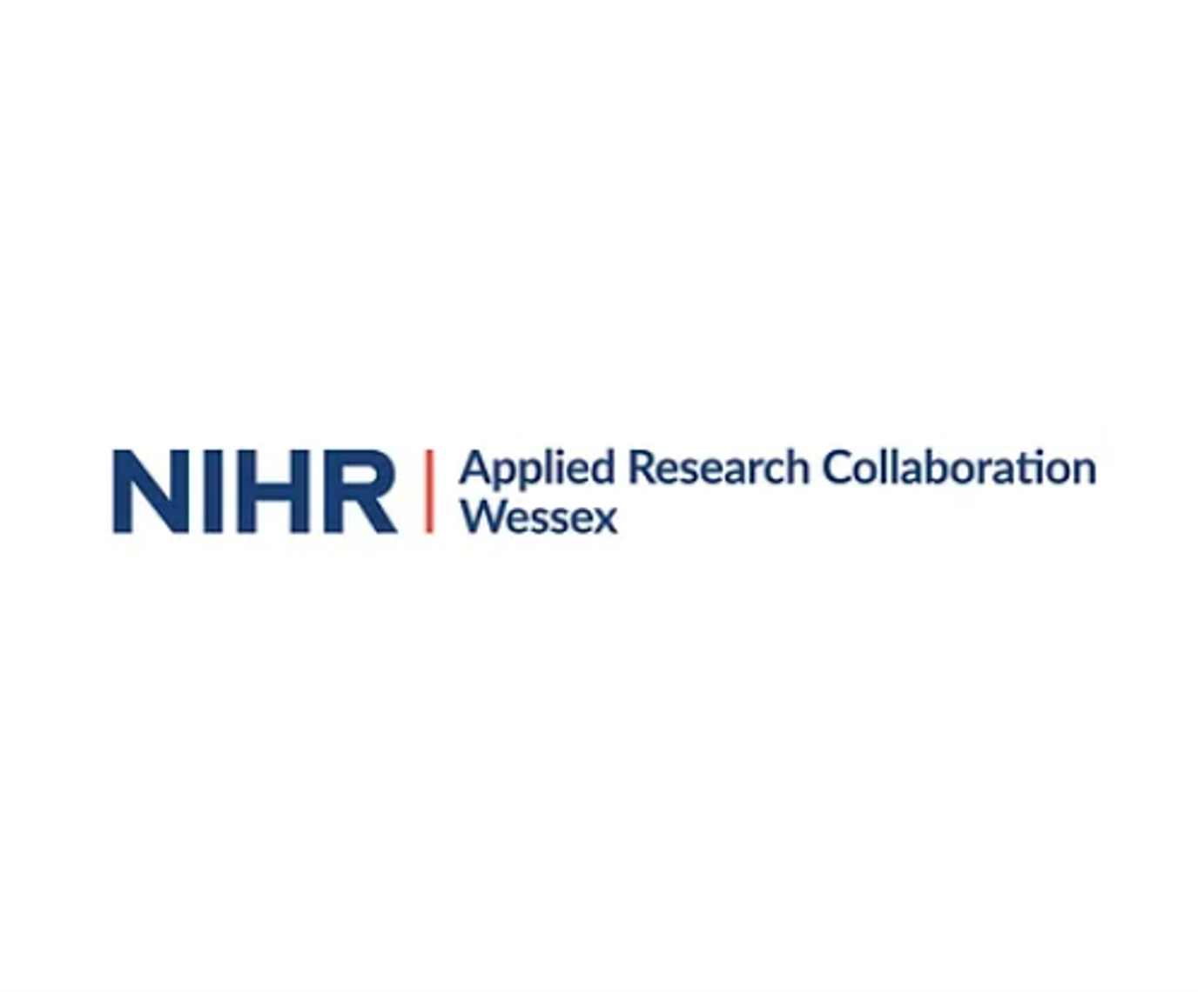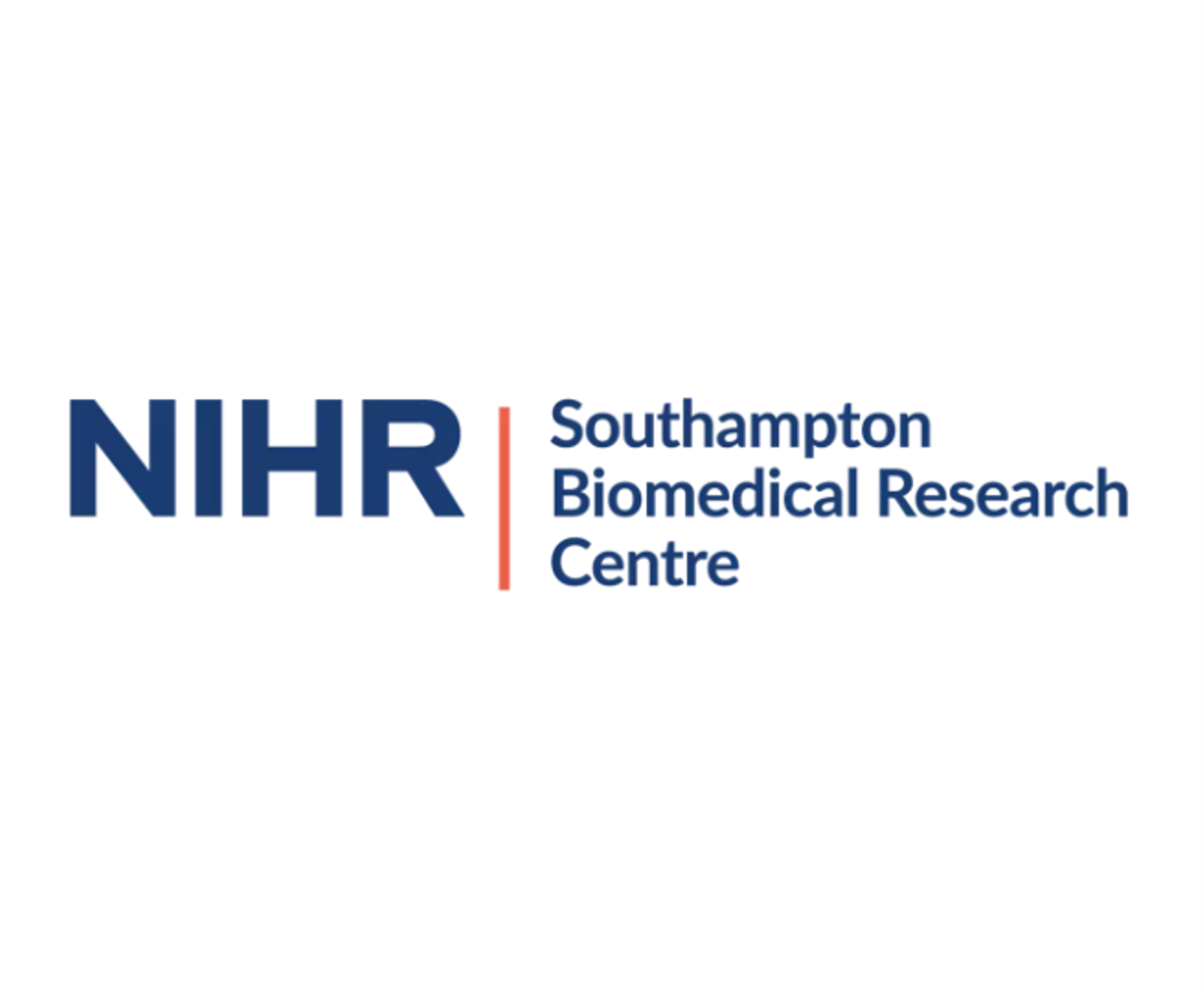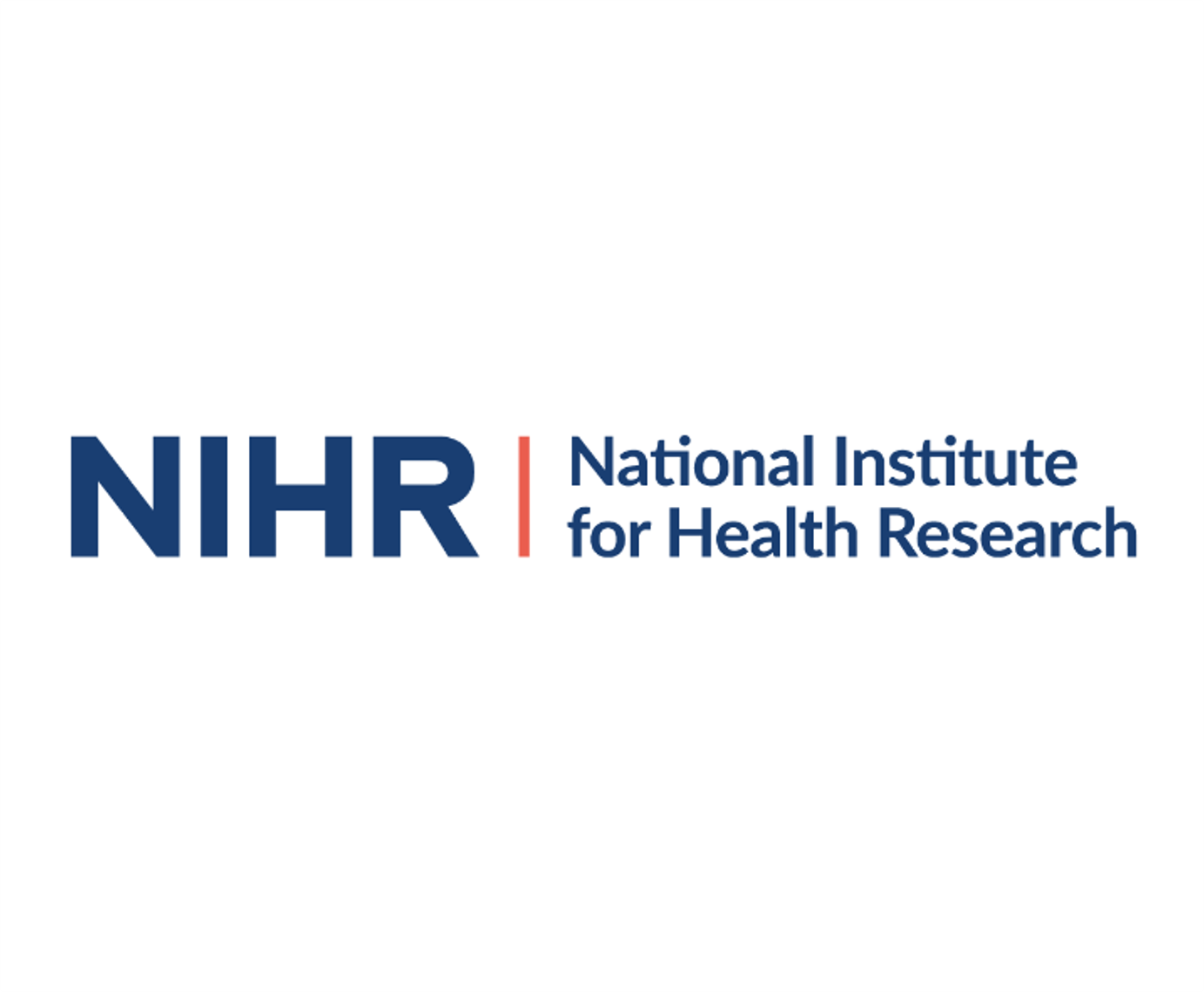PROCED
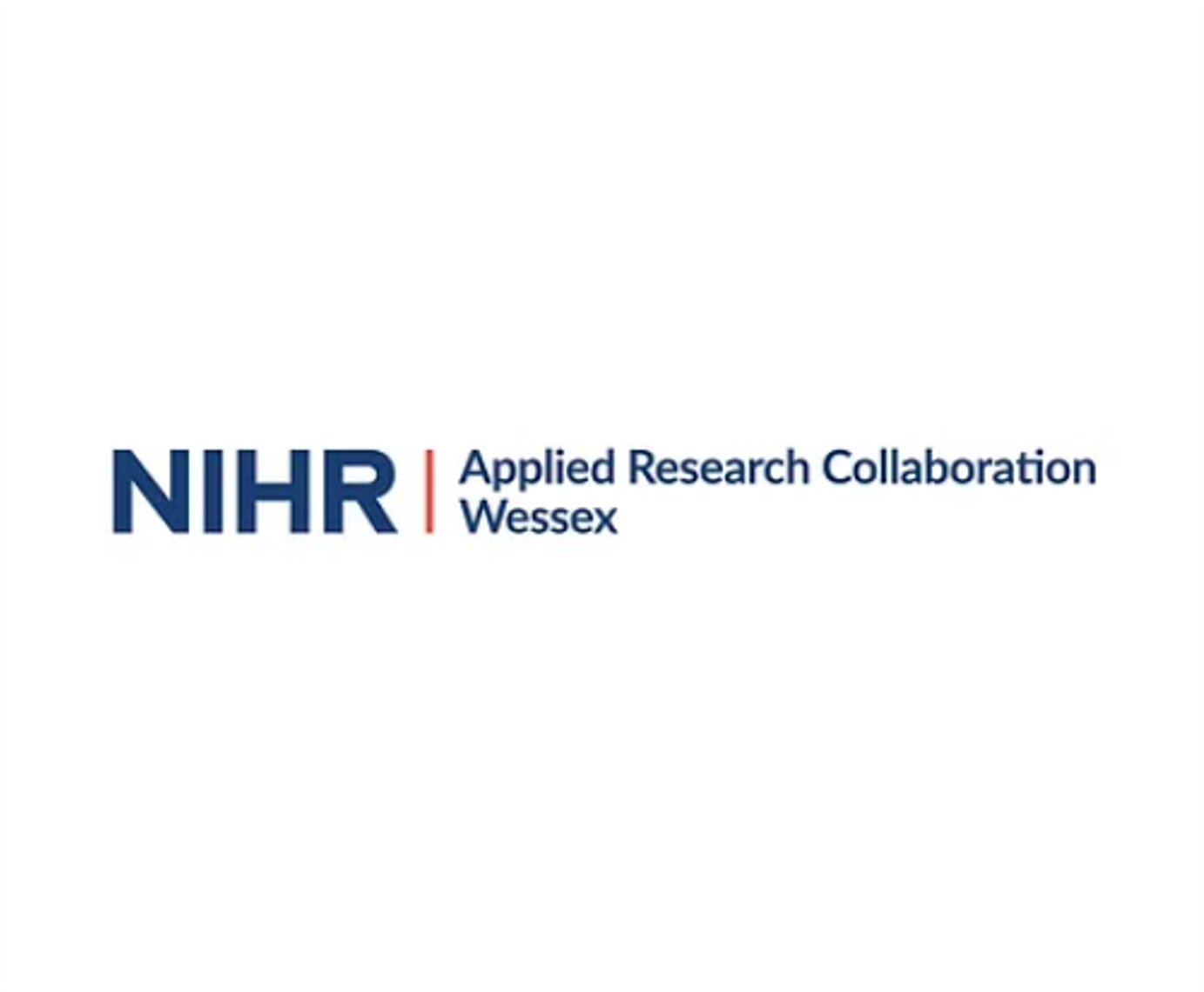
PROactive, Collaborative and Efficient complex Discharge
Health & Wellbeing Artificial IntelligenceProject Vision
Aim: PROCED aims to improve complex hospital discharge by using computer algorithms to support the way community and social care services are planned for patients fit to leave hospital. The goal is to avoid patients staying in in hospital longer than needed when they are well enough to be discharged. Leaving hospital at the right time is better for patients for many reasons. It reduces physical and mental deconditioning and chance of hospital infections. It also allows patients to recover with families, friends, and carers. By planning care earlier during hospital stays, PROCED aims to provide more time for patients and families to discuss care needs with care workers. Also, integrated care services are expected to be more efficient as resources can be planned using better predictions of patient needs.
Background: In 2018/2019 patient discharges from hospital in the UK were delayed by over 1.5 million days. Almost 75% of delays were due to arrangements for community care not being in place. Plans require many services including further non-acute care, residential homes, nursing homes, care packages, community equipment and public funding. Avoiding delays to discharge from hospital is desirable as it leads to better outcomes. The University Hospital Southampton has recently developed a digital system supporting complex discharge. The system allows patients, families, and care providers to share information about a care needs and resources during discharge decisions. PROCED will now extend this system with advanced computer algorithms to support better decisions making.
Project Approach
PROCED will develop computer algorithms that can predict care needs and schedule care services. Predictions will be developed using machine learning. Machine learning is a way to train a computer by using data about patients and services they use. Scheduling will use optimisation algorithms to find the best use of resources from available options. The prediction and scheduling algorithms will be integrated within a discharge decision process. The process will be part of a patient journey co-designed with patients and healthcare workers. The algorithms will be tested to ensure they are accurate and useful.The approach will be assessed by patients and the workforce for acceptance and overall satisfaction.
IT Innovation's Role
IT Innovation is joint lead of the project including predictive models for discharge pathway and delays.
Project Funding

